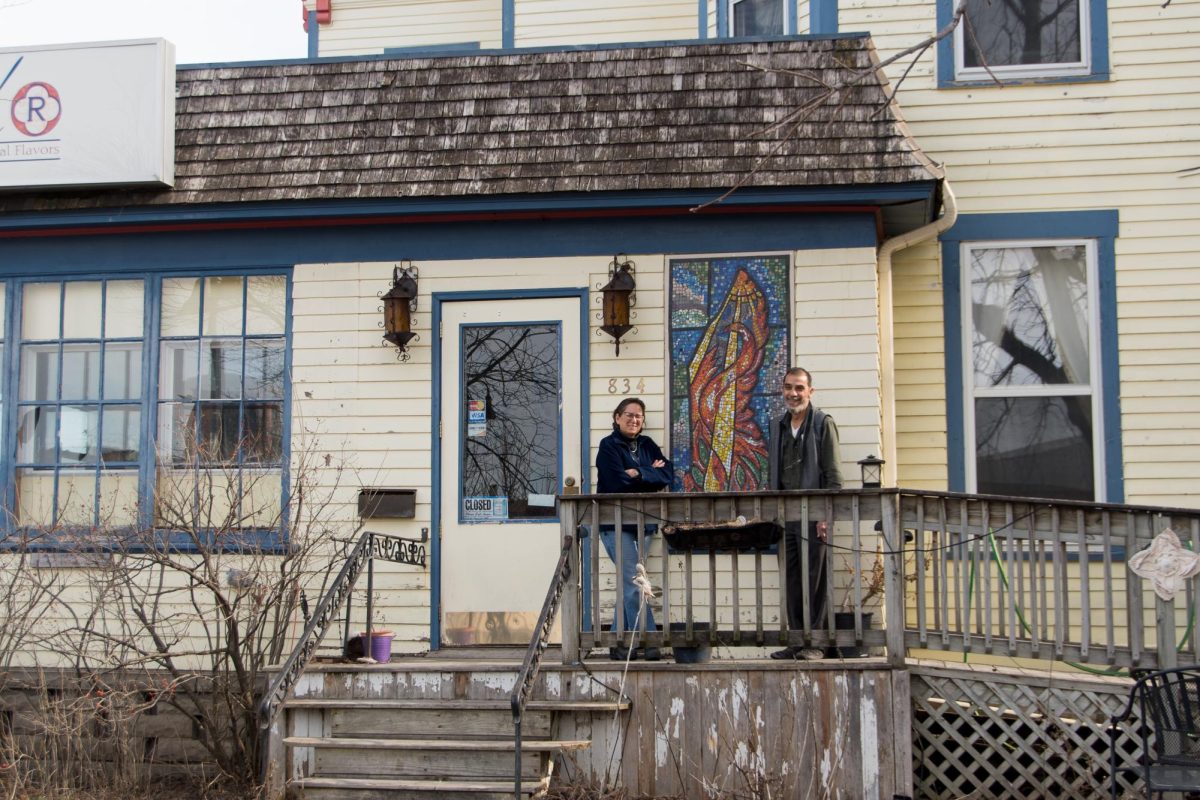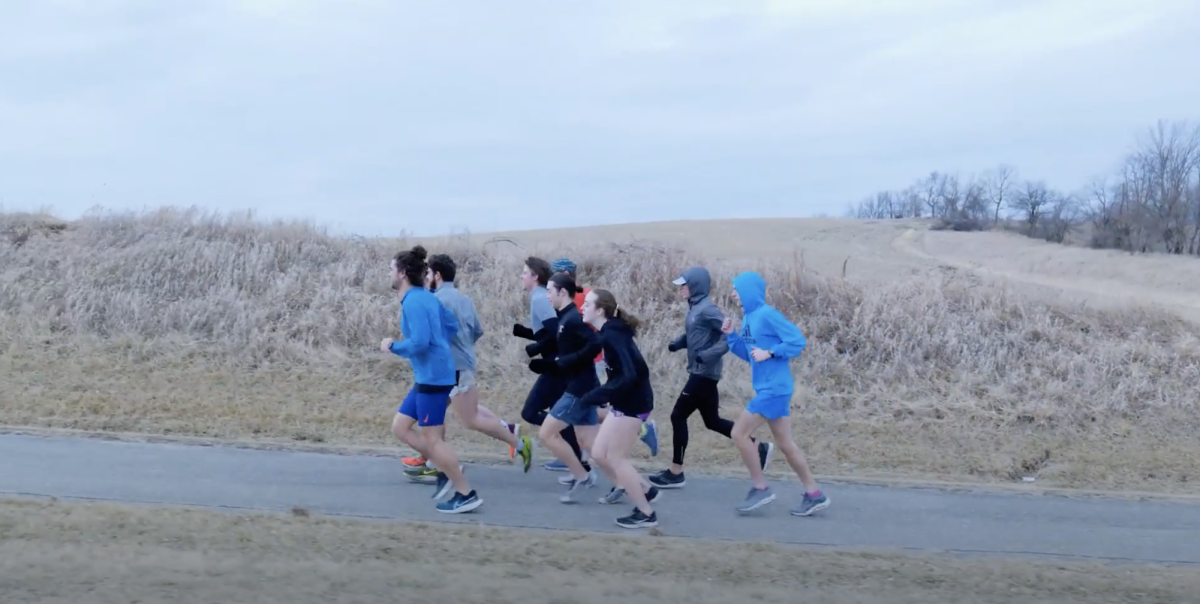I appreciated the spirit of inquiry behind Peter Sullivan’s recent article about faculty views on the College’s financial future and endowment spending (“Pointing to endowment, faculty advise restrained action on financial aid,” November 9th). I would like to respond with several points of correction and clarification.
First, and most importantly, Sullivan’s lead claims that “some faculty” have expressed concern with the financial models underlying our discussions. In particular, he suggests that these faculty are asking whether projections on endowment returns may be unnecessarily conservative.
A closer reading, however, reveals only weak evidence for this claim. I have read the article several times now, and find only one quote, from Professor Jack Mutti, that actually takes issue with our endowment projections. Professor Mutti has been an important voice in discussions between the faculty and administration, and his quote is typical of a healthy intellectual questioning of the facts. I will address his question below, but in the end one quote is not sufficient evidence to sustain Sullivan’s thesis, especially one on that makes such a potentially controversial claim about campus disagreements.
Now on to the substance. Professor Mutti, an economist, is quoted as asking whether basing our endowment projections on the endowment’s performance over the last ten years—a decade that included the bursting of the dot-com bubble and the global economic collapse of 2008—might have led us to be excessively conservative in our outlook for future returns. What Sullivan’s article overlooks is that the last decade also included the years 2003–2008, the very height of the frenetic build-up to the 2008 crash, a level of market activity we are unlikely to experience again soon. I do not see much justification in the historical record for the idea that we will outpace those past returns anytime soon. And Professor Mutti and I agree that, even if returns were to be somewhat more favorable than anticipated, this would only delay the crisis a couple of years. This is at its root a structural problem.
We have an exceptional investment office—one of the best in the business—and our staff continually review our projected earnings against the global economic backdrop. Based on the highly variable endowment returns that have been seen nationally over the past years—including recent negative returns at Harvard, and returns of less than 2% at Stanford and the University of Pennsylvania—our staff believes that they have developed projections that are prudent and accurate. Statements from financial experts outside of higher education support this outlook. In a recent report on endowment prospects, no less a source than Moody’s notes, “We expect endowment-dependent institutions to make more conservative spending decisions for future fiscal years and to more fully assess their operational vulnerability to investment volatility. Budgetary models are increasingly stress tested, and management teams are adjusting to more conservative assumptions about long-term rates of return on their endowment.”
As part of our commitment to an informed, open discussion about Grinnell’s financial future, the College posted a number of relevant articles on our web site, http://www.grinnell.edu/grinnellsfuture. In particular, I encourage you to look at the Inside Higher Ed articles from October 2 and October 9 posted there, which discuss the Moody’s report and the consequences of sluggish endowment performance across higher education nationally. Grinnell is not alone in wrestling with these issues. In fact, we believe our transparent conversations about the issue are becoming a model for similar discussions at institutions nationally.
I believe, as I have said all along, that we have the advantage of not needing to make our choices in haste, as other schools had to do immediately after the crash. In fact, the fiscal prudence we employed in the past is exactly why we have the luxury of time for open conversation and deliberation today.
I am grateful to our faculty for the hard work and careful attention they have contributed to our efforts to address Grinnell’s long-term financial health and our commitment to our values. It is inevitable, when conducting such a process transparently, that along the way there will be a healthy questioning of assumptions and working-out of differences. Professor Mutti’s quote reflects the same spirit of inquiry and careful interrogation of assumptions that he and all of us want to teach Grinnell students to practice in their own lives and work. I do not, however, believe Peter Sullivan is justified in extrapolating from his evidence to suggest a significant disagreement between faculty and administration.
To the contrary, the quotes from Chair of the Faculty Kathy Kamp, Social Studies Division Chair Pablo Silva and Associate Professor of History Sarah Purcell all point to our shared belief that we can, with care and collaboration, develop the best possible solution for protecting our commitment to need-blind. This is the lesson we are learning from our work together to ensure Grinnell’s future.
I appreciate the attention that members of this community are giving to this topic, and I am grateful for the many thoughtful voices that are contributing to and shaping this important discussion. I look forward to continued conversation.
Raynard Kington
President



















































